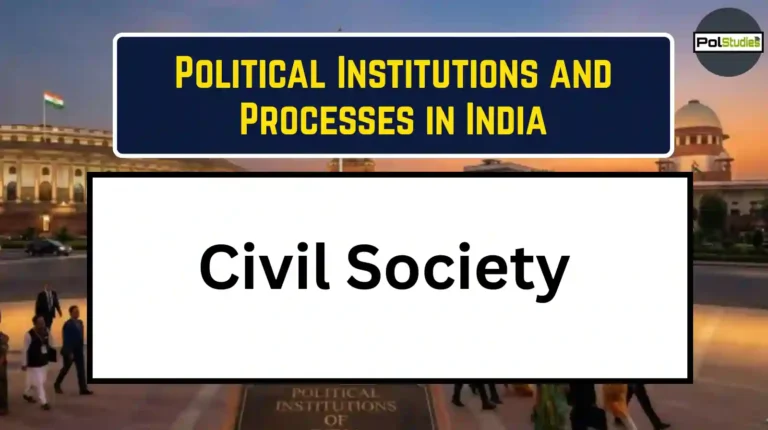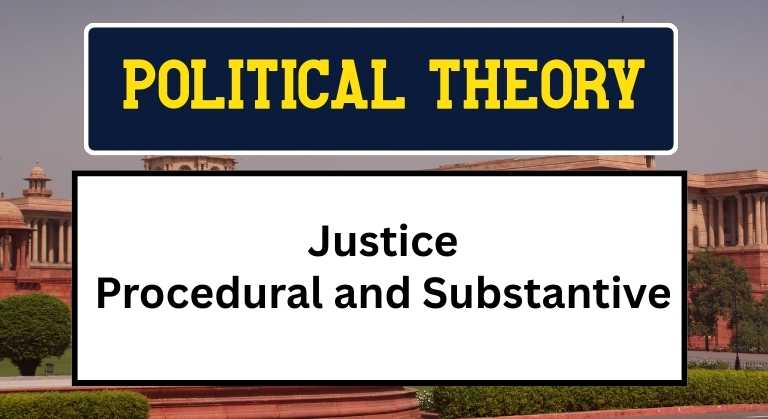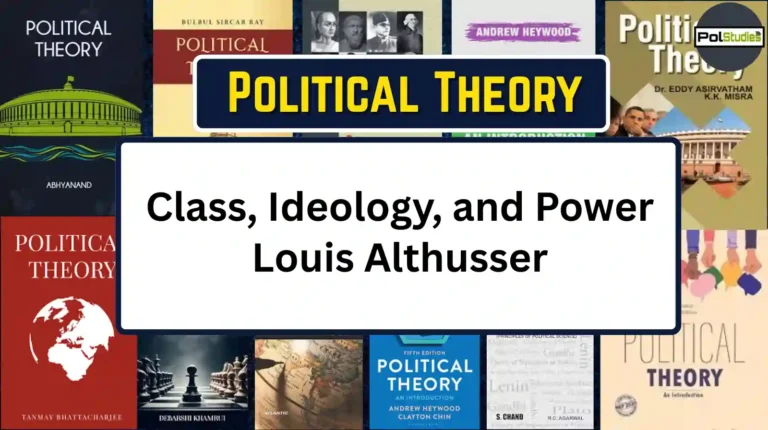John Rawls views on Justice as fairness | Two principal of justice
Justice as fairness
By:- John Rawls
Introduction
The basic position of justice as fairness corresponds to the position of nature in the traditional theory of the social contract. It is understood as a purely hypothetical situation. The essential features of this condition are that no one knows his place in society, his class position or social status, nor does anyone know his advantage or fate in the distribution of natural wealth and abilities, his intelligence, strength, and choice. . The principle of justice is mainly behind the veil of ignorance chosen
It ensures that no one is deprived of the choice of principles of the consequence of natural chance or contingency of social conditions because all are in the same position and they are not able to formulate principles in their favor, thus The “principle of justice” is the result of a fair agreement.
Looking at the circumstances of the original situation, it can be seen that it is a symmetry in relation to each other. This initial position is justified as the moral position of individuals where all are equal without self-interest. Thus the basic compromise in this is reasonable. It primarily justice as fairness explains the ownership of
justice as fairness is to think of the parties in the initial position as rational and mutually indifferent. This does not mean that the parties are egocentric i.e. individuals with certain types of interests in wealth, prestige, and supremacy, but that they are conceived as not taking interest in each other’s interests. It believes that spiritual objectives can also be opposed to them, in the same way, that the objectives of people of different religions are opposed. Apart from this, the concept of class and organization should be understood in the narrowest possible sense.
Justice as Fairness Like other contract ideas, it also has two main parts: –
- Explanation of the initial position and the problem of choice there.
- The set of theories
The initial theory The concept of soul position may seem reasonable, although the specific theories proposed are rejected. Is. The most appropriate conception of this position is the opposite of utilitarianism and absolutism to the principles of justice. That is why contract theory provides an alternative to these ideas i.e. as stated earlier, justice as fairness is an example of a contract theory.
The merit of Contractualism is that it expresses the idea that principles of justice can be conceived of as principles that would be chosen by rational persons and thus that the concept of justice can be explained and justified. . The principle of justice is a part of the principle of rational choice. The term contract conveys this plurality as well as the condition that a fair division of benefits should be in accordance with principles acceptable to all parties.
The original position & justification
The original position is the appropriate initial status quo which ensures that the basic agreement reached in it is justified truth justice in the form of fairness has been given the name of his original condition was the condition in which everyone was equal. In this state, there was uniformity and homogeneity, equality between each other. The decision taken at this stage will be an unbiased decision.
For example:- If a person knew that he would be rich, he could be reasonable in advancing the principle that various taxes for welfare measures were regarded as unjust, and if he knew that he would be poor, he would propose the opposite theory.
In this way, the veil of ignorance naturally comes to the fore. It is reasonable to assume that in this original stage all were equal parties and all had equal rights in the process of choosing principles. Each could make any proposal and present reasons for its acceptance. Likewise, it is evident that the purpose of this circumstance is to represent equality between human beings as moral persons.
Two principal of justice
Rawls describes here the principles which according to him will be chosen in the basic state and these will be the rules which will be acceptable to all and will be received by all. Here the principles are as follows:-
Equal rights for each person to comprehensive basic liberties consistent with equal liberties for others. (Law of Equal Liberty)
2. The law of settling social and economic inequality
- reasonably expected of all
- attached to positions and offices open to all.
The second principle has two vague phrases – “everyone’s advantage” or “open to all”
According to Rawls, these principles apply primarily. This theory assumes that the social structure can be divided into two or more distinct parts. The first principle will be applicable to one and the second on the other, under the first principle, the basic freedoms of the Rawls citizens like-
- Political liberty,
- freedom of speech and assembly,
- Liberty of conscience,
- freedom of thought etc.
Read Also:- John Rawl’s views on Equality of opportunity | Differentiated Principle of Rawls
liberty is necessary to be equal in the first principle because justice is the same fundamental right for the citizens of a complete society.
The second principle applies to the distribution of income and wealth and to the structure of organizations. Those who make use of differences in authority and responsibility or chain of command. Whereas the distribution of wealth and income need not be equal. It should be for the benefit of all and also the positions of officers and offices should be accessible to all.
These principles are to be arranged in a sequence with the first principle before the second. This commandment means that a departure from the institutions of goods liberty required by the first principle cannot be justified or compensated for by greater social and economic benefits. The distribution of wealth and income and the hierarchy of authority should be in accordance with the freedom of equal citizenship and equality of opportunity.
Thus Rawls describes his main principles of justice. Which he considers essential for any just society.
The veil of ignorance
of the basic position is to establish an unbiased process so that any theory is agreed upon. In this stage, it is assumed that the parties do not know certain types of facts. First of all, no one knows his place in society, his class position, or social status, nor does he know his intelligence, and strength, or so on, his fate in the distribution of natural wealth, and abilities. Nor again is anyone aware of the details of his rational plan of life, or of the special characteristics of his psychology, such as optimism or pessimism toward risk or obligation.
Rawls says that “I hold that the parties do not know the particular conditions of their society, nor do they know its economic or political condition, nor the level of civilization and culture it has been able to attain”.
Individuals in the original state have no knowledge of which generation they belong to, meaning that this broad restriction on knowledge is justified. Because questions of social justice arise across generations as well as within them.
Apart from this, Rawls also says that he knows general facts about human society. He understands political matters and economic principles. Know the basis of laws of social organization, and human psychology. In fact, the parties are presumed to know whatever general factors affect the selection of the principles of justice.
An important feature of the concept of justice is that it should generate its own support, that is, its principles should be such that when they are incarnated in the basic structure of society, men can get a sense of justice. Looking at the principle of moral education, men should develop the desire to act according to their principles. In this case, the concept of justice is static, such general information is admissible in the original position.




